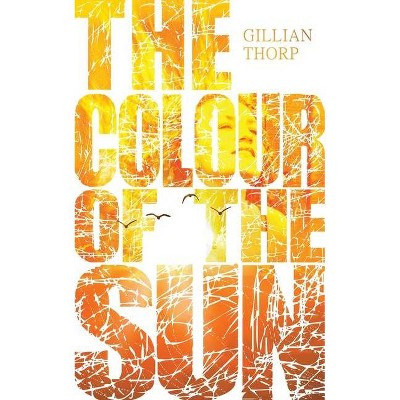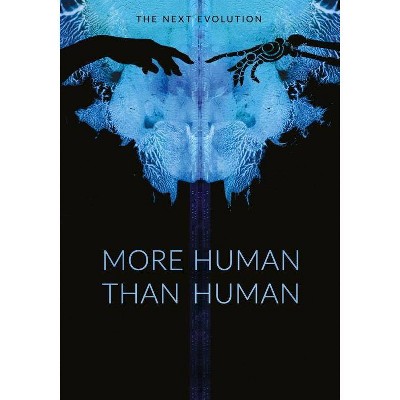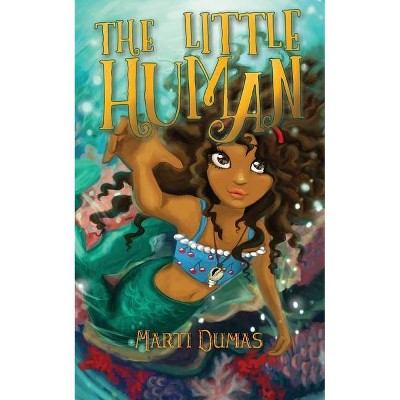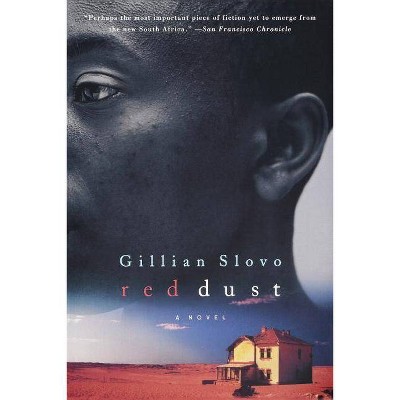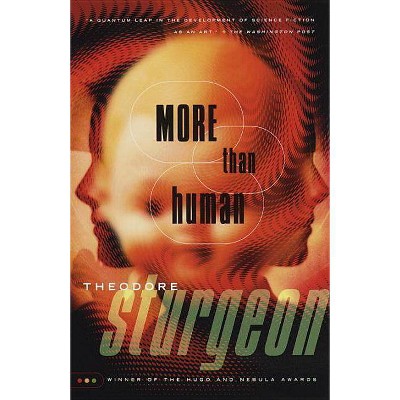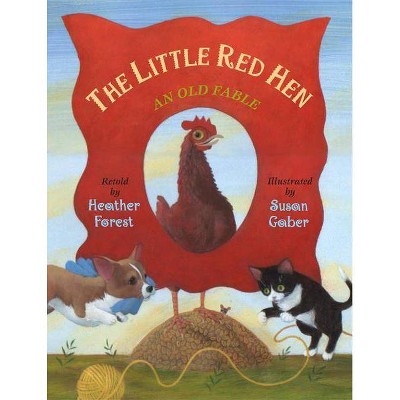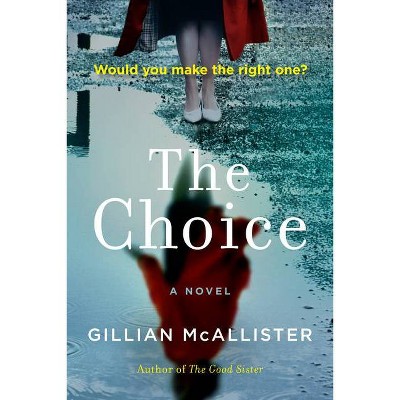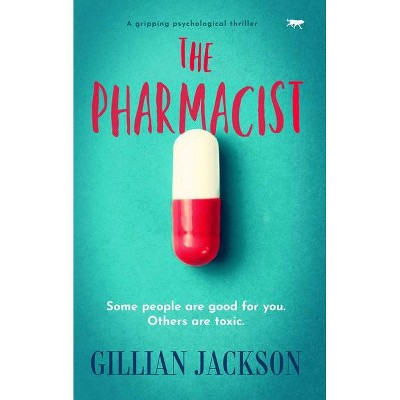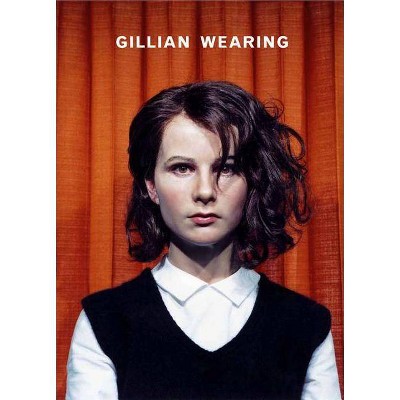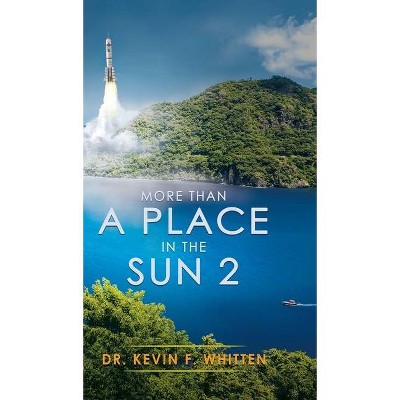A Little More Red Sun on the Human - by Gillian Conoley (Paperback)
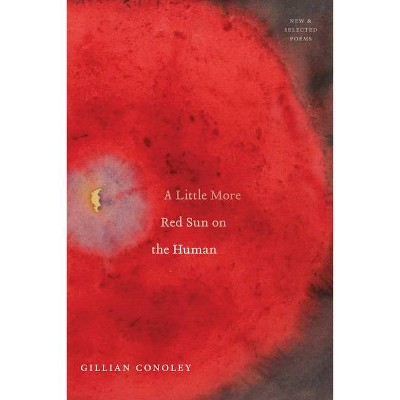
Similar Products
Products of same category from the store
AllProduct info
<p/><br></br><p><b> About the Book </b></p></br></br>A selection of poems by celebrated poet Conoley that spans her arresting body of work: from the idiosyncrasies of Texas girlhood toward an encompassing inquiry into spirit and matter, individual and state.<p/><br></br><p><b> Book Synopsis </b></p></br></br><p>WINNER of the 39TH NORTHERN CALIFORNIA BOOK AWARD IN POETRY</p> <p>FINALIST for the 89TH CALIFORNIA BOOK AWARD IN POETRY</p> <p>SHORTLISTED for the 2019 GOLDEN POPPY BOOK AWARD IN POETRY</p> <p>Conoley's selected poems assemble a shockingly varied body of work, comprising narrative, lyric, and fragmented forms. Her coruscating vibrant poems are informed by visual art and film, political engagement and playful linguistic constructions. Throughout, one can trace Conoley's obsessions and concerns: democracy, metaphysics, motherhood, gender and race, futurity and history.</p><p/><br></br><p><b> Review Quotes </b></p></br></br><br><p>Like a movie camera panning from one spot to another, Conoley's early poems carry us into an oddly familiar world without ever landing in a well-known terrain, such as transcendent revelation. Starting out with poems set in Texas, where the poet grew up, Conoley moves--literally and figuratively--into a wider, deeper world.--<b>John Yau, <i>Hyperallergic</i></b></p> <p>Over the course of her career, Conoley's style has developed from lyric poems recounting a Texas girlhood, to fragmented sequences that play with language and perspective, to roving, cinematic poems that address history, art, biography, and language. Winner of the 2017 Shelley Memorial Award, Conoley makes this transformation visible in these selections, which the poet has organized into sequential, thematic sections independent of her seven collections, introducing unfamiliar readers to her aesthetic preoccupations and concerns.--<b><i>Publishers Weekly</i></b></p> <p>Conoley foregrounds the immediacy of our experience of language, its materiality, through the silence, rupture, and elision that she invites into her poetry. As the book unfolds, we witness Conoley, like the speaker of 'Native, ' 'taking the meaning / and giving back the meaning / as the photographs do with the life.'--<b>Kristina Marie Darling, <i>LARB</i></b></p> <p>This work is the warmth of the sun inside us at night, the crushing duty of life support. Living in our world is like opening a door to see light at the end of a tunnel, but forging ahead blindly and finding peace in shadows.--<b>Bethany Mary, <i>Vagabond City Lit</i></b></p> <p>To read Gillian Conoley's poems is to enter the world of the uncanny; it looks and feels like our world, but something is a bit unsettling. And perhaps that's what our world really is, only we are unaware of it until her lines bring the darkly lit, cinematic, revelatory scenes to the fore.--<b>Tracy Zeman, <i>Colorado Review</i></b></p> <p>The collection I've returned to most this year is Gillian Conoley's <i>A Little More Red Sun on the Human</i> (Nightboat Books). It's a nearly-300-page compilation of Conoley's restless, often enigmatic poems, and it demonstrates--to me anyway--why she's one of America's most singular voices.--<b>Jeremy Lybarger, <i>The Poetry Foundation</i></b></p> <p>Through Conoley's poems, we are reminded that, while we may often feel like the rulers of our universe, there will be days when we do not, and we must embrace the playfulness that arises when we aren't so busy keeping track of time. The poet's duality between frolic and wit shows us that we stifle ourselves when we constantly try to control what we feel, perceive, and expect in life. Through their inventive retrospection, Conoleys' poems create new universals for our secular world.--<b>Gabriel Weiss, <i>ZYZZYVA</i></b></p> <p>Wide-ranging stylistically & tonally, from tight early lyrics, to a more 'experimental' fragmented middle period to the sprawling, yet precise new [de]compositions that transcend the distinction between lyric and narrative, there's yet a consistency of vision, elegant freedom...throughout.--<b>Chris Stroffolino, <i>Entropy</i></b></p> <p>This epic 320-page-plus collection is a necessary addition to your poetry library. In it, language feels as if it has been reinvented in order to speak the truth of this new age where the pillars of thought we once relied on: history, religion and memory, are at once questioned and reexamined and where the natural world still rises like a phoenix from the havoc we've made.--<b>Iris Jamahl Dunkle, <i>Poetry Flash</i></b></p> <p>There are many innovative poets writing now, as Conoley does, freed in varying degrees from continuous discourse, description, argument, etc., but very few of them deliver her sensual impact, cogency, her vivid language, her downright human importance: among today's innovators she flies virtually soul-o. Poem after poem, there's intuitive rightness to her words that yields something of the wonder of flocks of birds, schools of fish, veering in their mysterious unisons. Across her career, too, her subjects range widely, from the ambience of her small-town Texas youth, through astronomy, Einsteinian physics, Gandhi, the politics of peace, love poems, and more, all seen in their various lights, sumptuously imagined. Her approach in editing this new and selected, as she explains in a preliminary 'Author's Note, ' is to alter these poems' original order, so that, while they appear in roughly the same time line, they're combined differently in newly titled sections to read as a new book. It's a big book, indeed, of almost fearsome drive and sustained creativity."--<b>Northern California Book Awards Committee</b></p> <p>Conoley's poems have a singular energy like an organ solo or a shotgun resorting to storytelling. She adds tool handles to our histories; a set list for our waking souls. And an instrument of self-reflection that a landscape might ponder itself with. On her page, our natures get away with nothing. All cradled by a ruthlessly loving dance of language; in her poems we meet our twins.--<b>Tongo Eisen-Martin</b></p> <p>Masterfully composed in the hot spaces and so rhythmic sounds Americans have put to their times. 'Like gold into scar/a twister in the skull.'--<b>Alice Notley</b> <p>Nimble, inquisitive and intelligently elegant, the poems in this much anticipated volume reorient phenomena to make meaning with it: personal, inviting, knowing, and necessary. The range of Gillian Conoley's poetic attention is a marvel.--<b>Hoa Nguyen</b></p> <p>Are we allowed to enjoy poetry this much? These poems are so pleasurable it's nearly felonious. Their narratives point to both the ordinary and the deepest dream-real in the saturated colors of fairy tales. They remind me to watch the way a mail carrier walks or what it feels like to be lost in language's musical woods--meaning, they are alive to life, and that living is infectious. 'Do you feel a light in the sun/on your back, piercing through the water, it's a light--said the said the I.' Bask in that.--<b>Eleni Sikelianos</b></p><br><p/><br></br><p><b> About the Author </b></p></br></br>Gillian Conoley was awarded the 2017 Shelley Memorial Award from the Poetry Society of America. <i>A Little More Red Sun on the Human: Selected Poems</i> is forthcoming with Nightboat Books in Fall 2019. Her seventh poetry collection, <i>PEACE</i>, was named an Academy of American Poets Standout Book for 2014 and a finalist for the Los Angeles Times Book Prize. Conoley's work has received the Jerome J. Shestack Poetry Prize, a National Endowment for the Arts grant, and a Fund for Poetry Award. Her translations of Henri Michaux, <i>Thousand Times Broken</i>, appeared with City Lights in 2014. Conoley is Poet-in-Residence and Professor of English at Sonoma State University, where she edits <i>Volt.</i>
Price History
Cheapest price in the interval: 19.95 on October 27, 2021
Most expensive price in the interval: 19.99 on December 20, 2021
Price Archive shows prices from various stores, lets you see history and find the cheapest. There is no actual sale on the website. For all support, inquiry and suggestion messagescommunication@pricearchive.us
